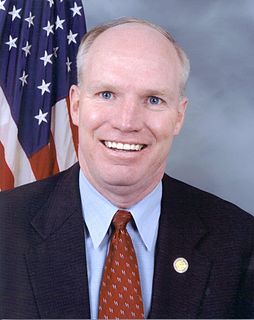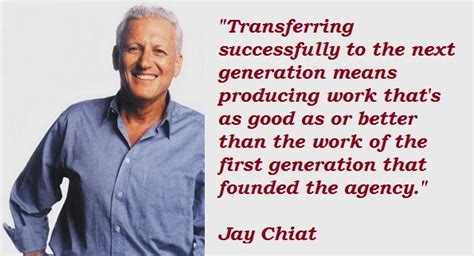A Quote by Perianne Boring
Businesses which were slow to recognize the power of the Internet in the mid '90s were quickly left behind. For example, Blockbuster failed to innovate with streaming technology and filed for Chapter 11 bankruptcy in 2010.
Related Quotes
In America you can be Donald Trump, have a business go wrong, and file for Chapter 11. You can move on, and no one complains. When his casinos were in Chapter 11, he was still on TV telling people how to get rich. I had to persevere for years with easyInternet because I couldn't afford to hurt the brand.
Technology is something you have to embrace because technology is part of our generation. Digital natives, for instance, are people who grew up in a world that always had the Internet and who always had smartphones. Millennials aren't too far behind: my generation of people, who were in the mix of the Internet when it first came out.



































